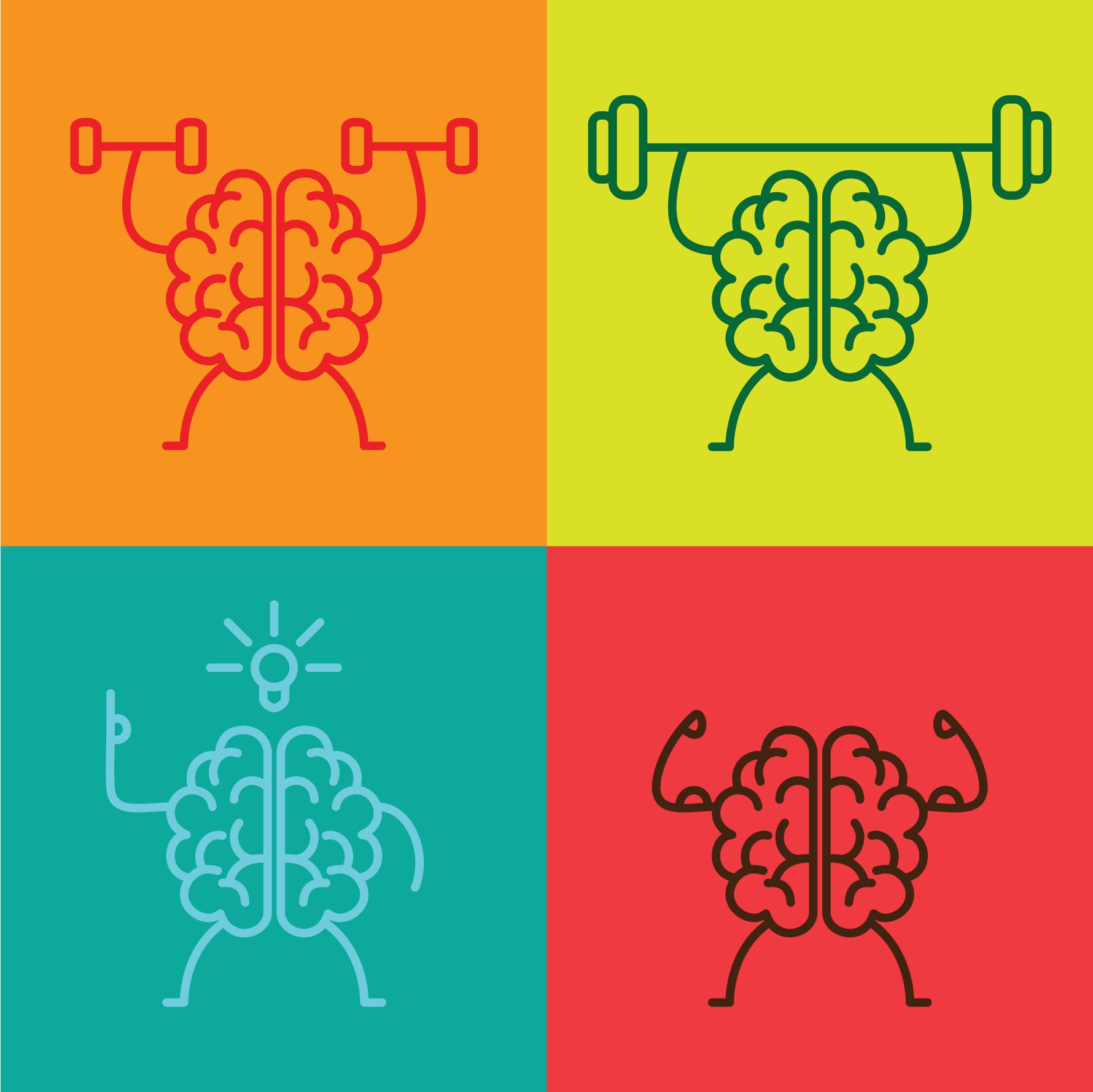
It’s easy to feel like you’re losing your mind when you can’t remember a simple fact or the name of someone you just met.
It doesn’t necessarily mean you’re getting too old or developing dementia. Maybe you don’t have good strategies for remembering.
Forgetting is a standard mechanism of the brain.
Don’t attach yourself to the idea that this is the way you are and always will be.
Your brain is neuroplastic – capable of changing, learning, growing, improving, no matter how old you are.
Paying Attention
A common reason for forgetting is that you weren’t paying attention in the first place. You might have been distracted, or the information might have been presented to you in a way that wasn’t engaging enough.
- Don’t multitask. Dividing your attention will leave you with incomplete or missed information.
- Active Listening. The more you are engaged in what is being said, the easier it will be to remember.
- Practice mindfulness. Being in the present moment keeps you focused on your surroundings and what is happening.
Creating Connections
Memories are tangled together in a web of thoughts. If you can connect the new information to something else, you’ll have a better chance of remembering it.
- Make associations. Link the information to something personal, or a strange and silly visualization, or create a simple mnemonic.
- Write it down. The act of writing will force you to slow down and process the information in your own words and give you a chance to review it later.
- Create a memento. Attach the thought to an object or image. When you see the object again, the memory may come to mind too.
Reminding and Rehearsing
Memories can fade over time. To keep the memory alive, you need to bring it to your mind again and again.
- Frequent Repetition. Recite the information over and over again.
- Spaced Repetition. Review the information at regular intervals. If you’ve forgotten, repeat it more often.
- Practice different formulations. Rephrase it in other words. Repeat it backward or from a different perspective.
Patient Retrieval
Sometimes it takes a little patience to get the memory to arise.
- Don’t give up or get frustrated. Wait patiently, and the memory might resurface.
- Recall similar information. Bring to mind those attached associations, and the memory you’re looking for might come up with it.
- Change your surroundings. Revisit the place where you learned the information, or take a break, and it might come back to you unexpectedly.
Other Lifestyle Changes
There are a few other things you can do in your day-to-day life to help improve your memory.
- Manage your stress. Stress alters brain function and can make it more challenging to think clearly and remember things.
- Exercise. Engaging in physical activity stimulates new connections in the brain.
- Eat more fruits and vegetables. Nutritious foods provide the building blocks for brain function.
- Get enough sleep. Sleep helps consolidate your memories.
- Continue learning new things—experience new adventures and challenges. Meet new people.
- Share your experiences. Share what you’ve learned. Share your stories.
Our shared memories connect us together and help us grow.






















